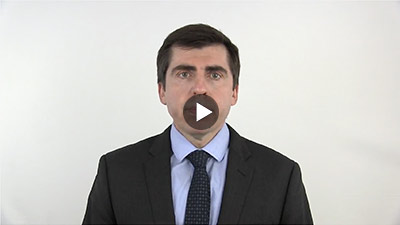Patients can expect to lose significant amounts of excess weight within the first 18 months after bariatric (weight loss) surgery. However, it is important to remember that surgery is simply a weight-loss tool and long-term success depends on following a healthy diet and exercise plan and making the right lifestyle choices.
What to Expect During Recovery

Recovery time after bariatric surgery will vary from patient-to-patient and depend upon the type of procedure performed. Generally speaking, most patients stay in the hospital for 1 or 2 days and return to work after 2 weeks.
You should not require any assistance at home while you are recovering, but remember not to lift anything weighing more than 15 lbs. Patients often experience the most pain between day 3 and day 6 after surgery, although it is still bearable for most people and should improve daily.
Follow these guidelines during your recovery:
- Take your pain medication: Pick it up on your way home from the hospital or have someone pick it up for you. Your pain and soreness are short term, and are handled with various medications when needed.
- Stay hydrated: Once you have the OK from your surgeon to consume liquids, it is very important to drink water. Without food, which is a source of water for our bodies, you will need to pay particular attention to hydration. Take small sips and do not use a straw.
- Keep walking: Walk every day, increasing the distance as you are able. You can even climb stairs if it’s not too difficult and you take it slow.
- Get plenty of sleep: Plan on resting for the first 2 weeks after surgery. It may be helpful to sleep in a recliner if you have one, as a slight incline can reduce the risk of heartburn and help alleviate pain. If you don’t have a recliner, you can elevate your upper body with pillows.
- Take care of your incisions: Shower carefully. Do not soak in the tub. Don’t worry about slight redness around the incisions, but call your doctor if there is drainage or pain.
- Follow post-operative dietary guidelines: Your stomach is smaller after recovering from surgery. It is important to follow the guidelines to prevent stress on the surgical area while it is healing.
- Keep your follow-up appointments: Follow-ups are an important part of your treatment and the only way your surgeon can determine if you are recovering as you should.
Post-Operative Dietary Guidelines
After weight loss surgery, it is essential to adhere strictly to the prescribed diet. Fibrous foods, carbonated beverages, and large meals can cause leaks and serious complications at this stage.
The post-op diet is in 4 phases:
- Clear liquids
- Protein shakes and pureed foods
- Soft foods
- Solid foods
In the last stage of your post-operative diet plan, it is important to go slow and not introduce new foods too quickly to avoid heartburn, gas, bloating and other symptoms. After you introduce one new food, wait a day before introducing the next.
Start with softer foods and gradually introduce fibrous and chewy foods. The goal in this final phase is to re-introduce healthy foods to your diet in very small portions.
Schedule a Consultation Today
Call today to schedule a private consultation in New Jersey

